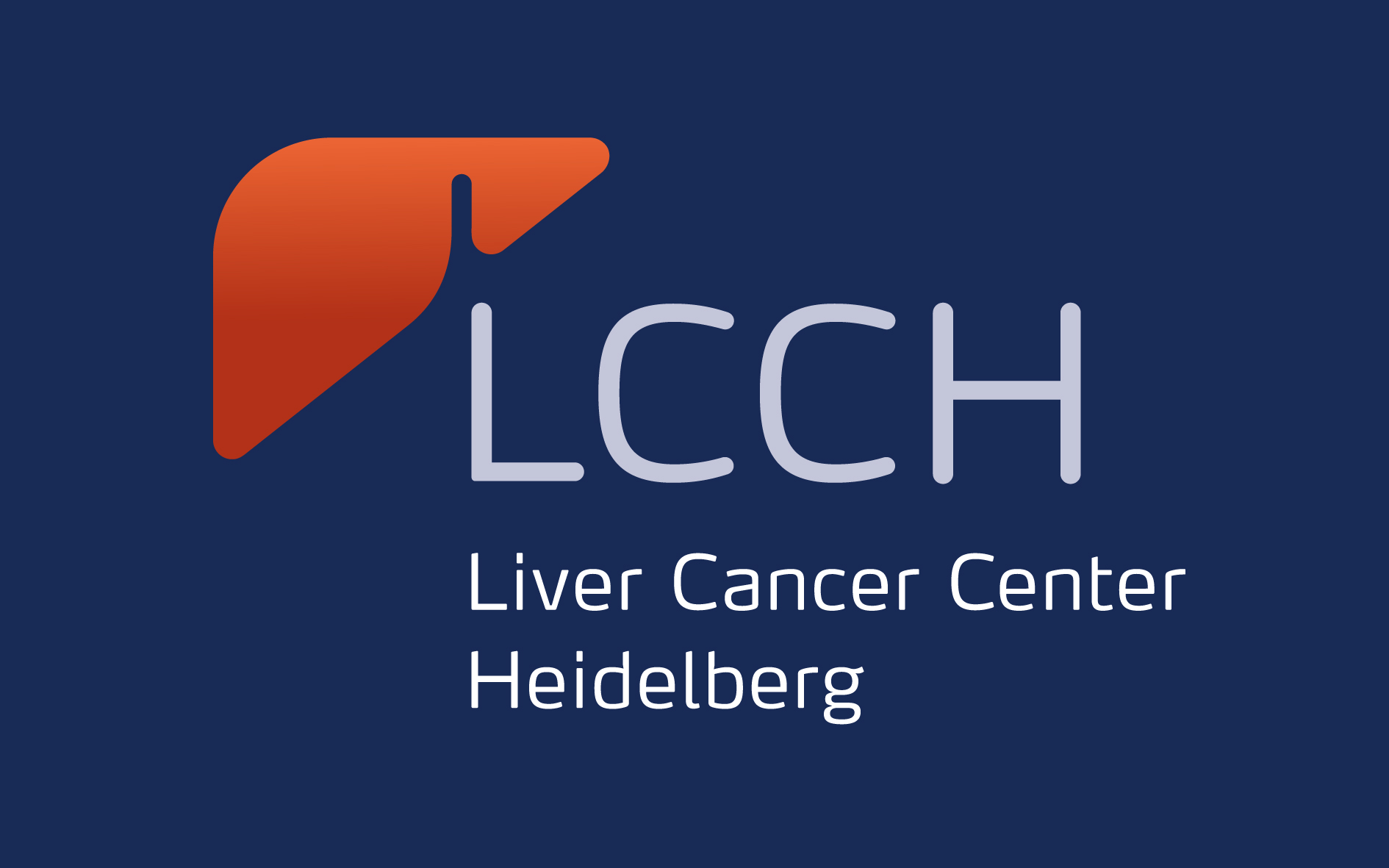The Liver Cancer Center (LCCH), located at NCT, was established in 2012 with the goal of responding to the demands of the increasing medical significance of hepatobiliary tumors in terms of research and treatment. At the LCCH, numerous specialists from the fields of surgery, oncology, gastroenterology, pathology, diagnostic and interventional radiology, nuclear medicine, and radiation oncology work together in an interdisciplinary manner at promptly translating the latest scientific findings into clinical studies in order to improve the possibilities for treating hepatobiliary tumors. Representatives from all disciplines discuss up to 20 cases twice a week in interdisciplinary tumor board meetings. A patient database and molecular diagnostic software aid in quickly and effectively identifying those patients likely to profit from new clinical trials.
Treatment at NCT
Examination methods/diagnostics
Hepatobiliary tumors are generally late to cause symptoms, which include tenderness on palpation of the right upper abdomen or progessive jaundice. Frequently, HCC is an incidental finding during a routine screening examination in patients with chronic liver disease or liver cirrhosis. Suitable diagnostic procedures include imaging (sonography, MRI, CT) and endoscopy. Powerful, high-performance equipment for examining the liver and biliary system is available at Heidelberg University Hospital. If a tissue sample is taken for further diagnostic work-up of a liver lesion, one of the leading European liver pathology centers that examines more than 4,000 cases per year is available in Heidelberg for the immunochemical and molecular characterization of liver tissue.
Therapeutic procedures
Therapeutic curative options for patients with early stage HCC consist of resection or liver transplantation. For patients in an advanced stage of disease, the Department of Diagnostic and Interventional Radiology offers innovative local or regional therapeutic procedures such as transarterial chemoembolization with chemotherapeutic drug-loaded particles. In Heidelberg, a study is presently being conducted in which HCC lesions are irradiated with heavy ions. If no local or regional procedures can be applied, the hepatologic and oncologic expertise at the LCCH for therapy is paramount. Several clinical studies with innovative targeted therapies are offered to the patients at NCT.
Aftercare
The LCCH team is also available to provide aftercare following surgical removal of hepatobiliary tumors. This includes laboratory tests and ultrasound, as well as endoscopy and CT or MRI. Time intervals for follow-up examinations depend on the previous tumor location and extent and are determined individually.






